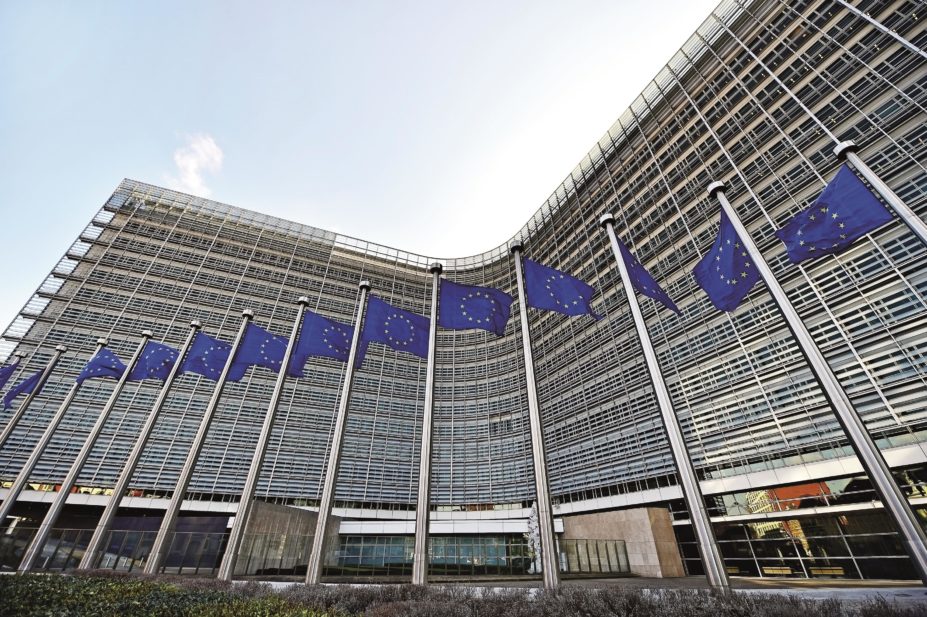
Shutterstock
A ‘hard Brexit’ could threaten the success of the UK life sciences industry and restrict access to new medicines, a think tank has warned.
If the UK severs ties with the single market and drops out of the current system of regulation by the European Medicines Agency, British patients could end up waiting years longer than those in the United States or EU for the latest treatments, a report from Public Policy Projects concludes.
Luke Tryl, who wrote the report, says: “Simple commercial reality dictates that if companies have to choose between launching drugs in the UK, which accounts for 2.5% of the global market, and the EU, which accounts for 16.6%, then they will prioritise a European launch.
“This effect is compounded if restricted UK health spending means slower take-up in the UK. Ultimately that means British patients losing out on access to new drugs.”
The report also raises concerns about Brexit’s impact on the UK life sciences industry and its position as a global leader.
To safeguard the £60bn contribution the life sciences industry makes to the UK economy, it will be vital to secure single market access for life sciences, guarantee free movement of workers in the industry and ensure maximum regulatory alignment with the EU, the report recommends.
In an introduction to the report, Stephen Dorrell, former Conservative health minister, says: “Science and science-based industry is a global activity and we face a simple choice: we either participate in full in that global scientific community or we prejudice a key British national interest.”
The UK pharmaceutical industry is seeking assurances from ministers about the future.
A life sciences steering group, co-chaired by Andrew Witty, chief executive of GlaxoSmithKline, and Pascal Soriot, chief executive of AstraZeneca, will meet ministers on 23 November 2016 to discuss concerns over regulation, the loss of EU funding and attracting investment.


